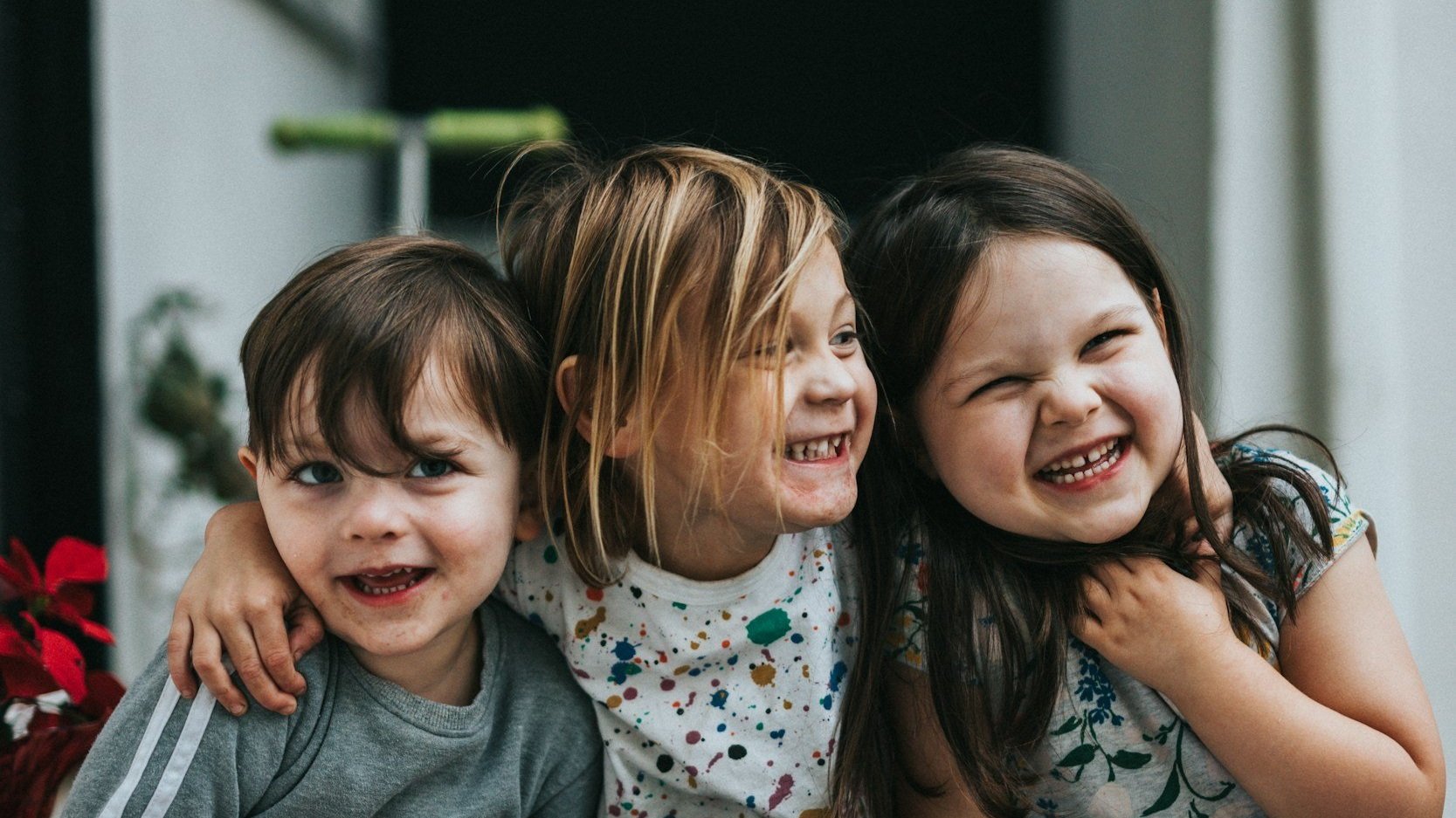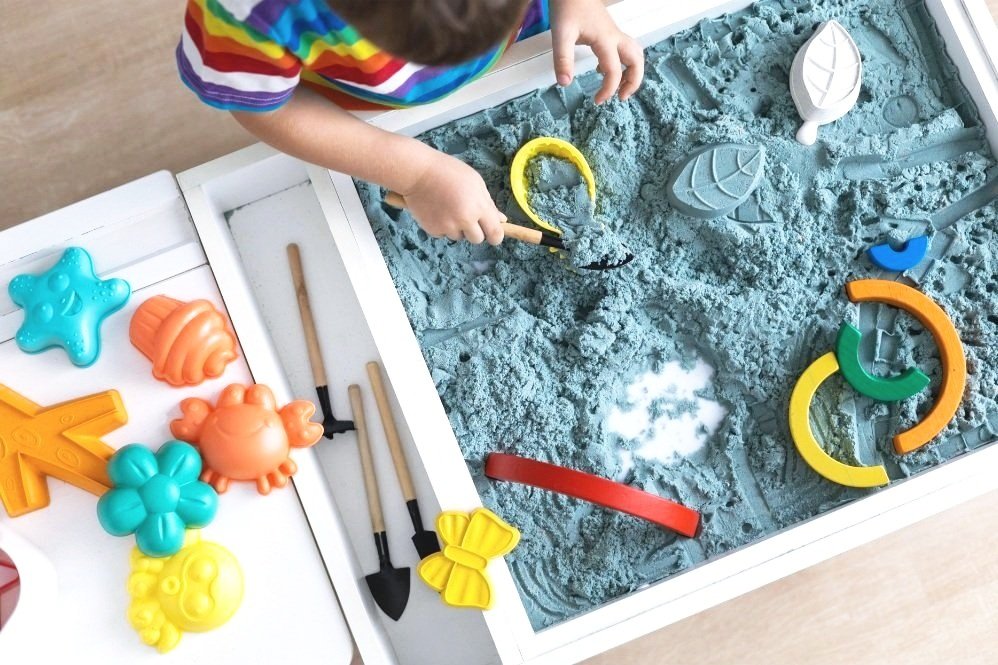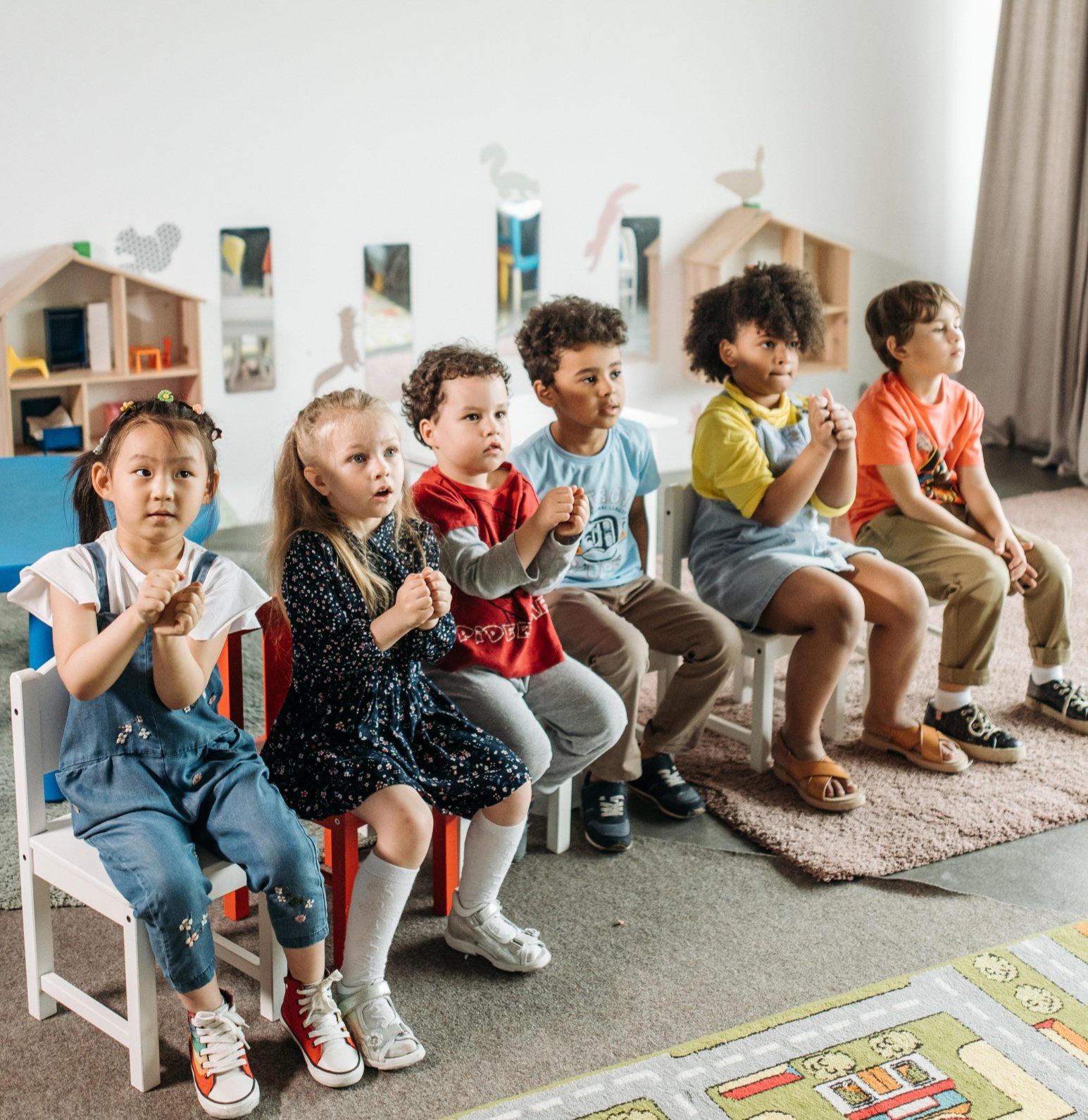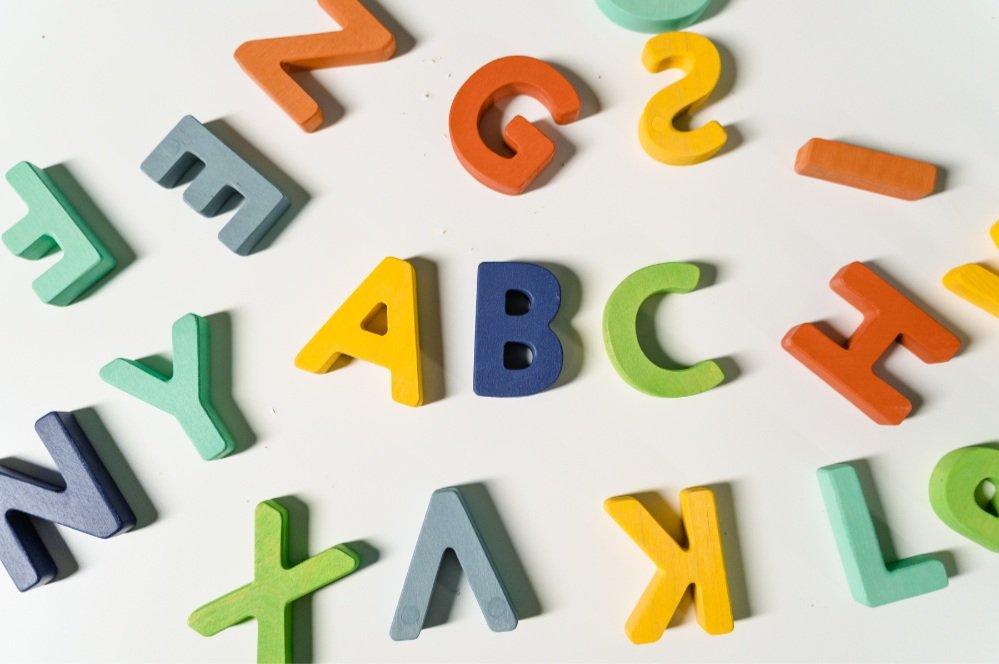
Pediatric Mental Health Blog
© 2025 COPYRIGHT NOTICE: All original resources, content, and materials produced and displayed on this website are the intellectual property of Child Therapy Guide. These resources are protected by copyright laws and are intended for personal, non-commercial use. Unauthorized reproduction, distribution, or any other unauthorized use of the content without explicit permission from Child Therapy Guide is strictly prohibited. Users are encouraged to enjoy and utilize the resources responsibly, respecting the copyright and intellectual property rights associated with the content. For any inquiries or requests regarding the use of our materials, please contact us through our contact form.

Therapeutic Resources for Adolescents
Some teens struggle to manage the stress, anxiety, and depression that often accompany the pressures of academic achievement, social competency, family dynamics, and self-regard. Early intervention can prevent long-term mental health issues by helping adolescents develop a foundation for emotional well-being.
Read on for more information and free resources!

Behavior Management Tools & Tips
Every kid is different and we have to tailor behavior management plans to their individual needs and abilities. Read on for practical guidelines for a balanced approach to behavior management.

10 Hands-On Therapeutic Activities for Kids
From a therapeutic perspective, interventions that utilize hand-on learning techniques can lead to increased interest, motivation, engagement, and progress! Here we have collected 10 of our favorite hands-on therapeutic activities to help kids develop emotional literacy, build self-esteem, practice coping skills, manage behavior, and recognize values.

Sensory Processing Disorders
Children with sensory issues may struggle with textures, loud noises, crowds, food preferences, etc. These sensitivities are often seen in children with neurodevelopmental disorders such as autism spectrum disorder (ASD) or attention deficit hyperactivity disorder (ADHD), but they can also appear in otherwise typically developing children. Understanding and supporting a child’s unique sensory needs can help them feel more comfortable and engaged in their environment. Read on for more information and free printable resources.

Alphabet Feelings
"Alphabet Feelings" provide a framework for adults to help kids to systematically explore different emotions, scenarios, and coping skills. Print this FREE resource and check out our other recommended ways to exercise social and emotional learning.

Bibliotherapy for Anxiety
One of the best ways to tame childhood anxiety is to demystify it. Explore the feelings, triggers, behaviors, and outcomes of anxiety through targeted story books and conversation, or bibliotherapy. Learn more and explore our recommended children’s books about anxiety.

Childhood Perfectionism
A perfectionist aims for the ideal version of a pursuit and has disproportionate feelings of disappointment if they fail to reach their goal. Perfectionism can have many roots, but it is generally tied to a person’s perception of their self-worth.

What is Play Therapy?
Play therapy encourages imagination, self-expression, and exploration through specially selected toys and materials. It offers a transformative pathway for children to explore their emotions, navigate challenges, and find healing through the power of play.

Art Therapy with Kids: Ideas
Art therapy empowers children to develop coping skills, build self-esteem, and find healing by using creativity as a means to communicate thoughts and emotions that words alone cannot express. Explore our art therapy prompts, ideas, and activities, and check out our recommended materials for art therapy with kids!

Five Kinds of Productive Play
Play contributes to the physical, cognitive, and emotional well-being of children. It enhances motor skills, stimulates creativity, and cultivates social intelligence through interactions with peers. Play also serves as a natural learning platform, helping kids understand the world around them. Learn about five kinds of productive play and explore toys that support each kind.

Child Therapy FAQ
Find answers to common questions about child therapy like: What is a child therapist? How do I find a pediatric psychotherapist near me? How do I afford therapy for my child? Would my child benefit from therapy? Will my child be labeled with a diagnosis? How do I support therapeutic progress?
Empower parents and caregivers to make informed decisions about their child's mental health care.
